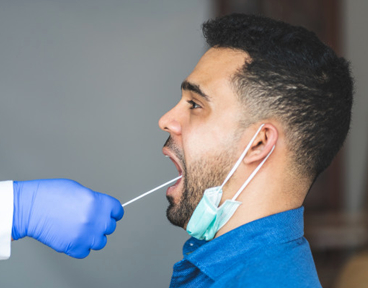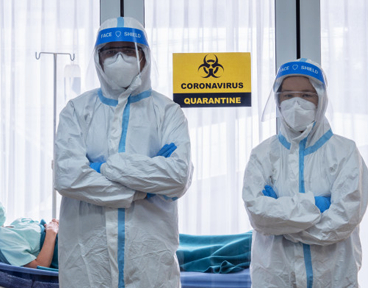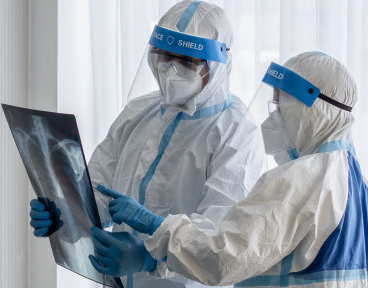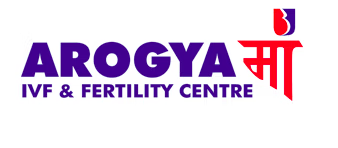Oocytes Freezing
What Is Egg Freezing?
Egg freezing, or oocyte cryopreservation, is a process in which a woman’s eggs (oocytes) are extracted, frozen and stored as a method to preserve fertility potential in women of reproductive age. Oocyte cryopreservation has advanced greatly over the past few years, with improved overall success of healthy pregnancy and child birth using cryopreserved eggs.
Who Needs Egg (Oocyte) Freezing?
Cryopreservation of the oocytes can be considered for a variety of reasons:
- Women with cancer requiring chemotherapy and/or pelvic radiation therapy that may affect her future fertility.
- Surgery that may cause damage to the ovaries.
- Risk of premature ovarian failure because of chromosomal abnormalities, or family history of early menopause.
- Ovarian disease with risk of damage to the ovaries like endometriosis.
- Genetic mutations requiring removing the ovaries (e.g. BRCA mutation).
- Fertility preservation for social or personal reasons to delay childbearing, especially for career-oriented women.
How Is Egg Freezing Done?
Egg Freezing Process:
The following are considered benefits or advantages of PGD:
First, your fertility specialist may perform an assessment of the ovarian reserve to estimate the potential yield of oocytes prior to ovarian stimulation cycle. The assessment would include blood tests and pelvic ultrasound. This will also help to determine the necessary dose of medications. Ovarian stimulation is carried out in the same manner that is used with in vitro fertilization (IVF), using injectable hormonal medications. Following the stimulation, the oocytes and the surrounding fluid in the ovarian follicles are aspirated vaginally under sedation/GA.
The maturity of the eggs is assessed under the microscope, and those that are mature are cryopreserved. Currently, vitrification is the method of choice for cryopreserving oocytes, and this is achieved by ultra-rapid cooling into liquid nitrogen where they can be stored as long as she wants.
How Will The Eggs Be Used In The Future?
When the woman is ready to use the frozen eggs to achieve pregnancy, these cryopreserved eggs are placed in warming solution and assessed. Those eggs that survived the freezing/thawing process are fertilized with intracytoplasmic sperm injection (ICSI), where a single sperm is injected directly into the egg, and the fertilized eggs will grow in culture until the embryo(s) are ready to be transferred into the uterus to achieve pregnancy, typically 3-5 days after fertilization.
What is it
How to Overcome The 4 Most Common Obstacles to getting up Early
Consectetur adipisicing elit, sed do eismod incididunt ut labore et dolore derit in voluptate.velit esse cillum dolore eu fugiat nulla pariatur. Excepteur sint occaecat cupidatat non proident,
Sunt in culpa qui officia deserunt mollit anim id est laborum. Sed ut perspiciatis unde.omnis iste natus error voluptatem.

"You guys are perfectionists in every domain. I hugely benefited from your advanced healthcare solutions. Today, I am as fit as a fiddle, You are clinical geniuses."
Rudolf McCarthy
"Donec quam felis, ultricies nec, pellentesque eu, pretium quis, sem. Nulla consequat massa quis enim Donec justo"
Meghan Hopkins
Covid treatment
A World of Health Covid-19 Services

Complete Medical Expert Solutions

Doctor Consultancy Available 24×7

Appointment with our Specialist

Expert Clinical Support and Services

Advance Diagnostic Technology

Advance Surgery & Treatment
trust us
Keep improving our hospital
Lorem ipsum dolor sit amet, consectetur adipiscing elit. Ut elit tellus, luctus nec ullamcorper mattis, pulvinar
Consectetur adipiscing elit. Ut elit tellus, luctus nec ullamcorper mattis, pulvinar dapibus leo.
Pulvinar ipsum dolor sit amet, consectetur adipiscing elit, luctus nec ullamcorper mattis, ut elit tellus

